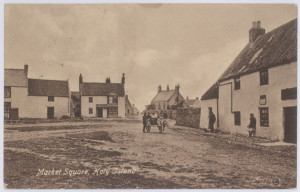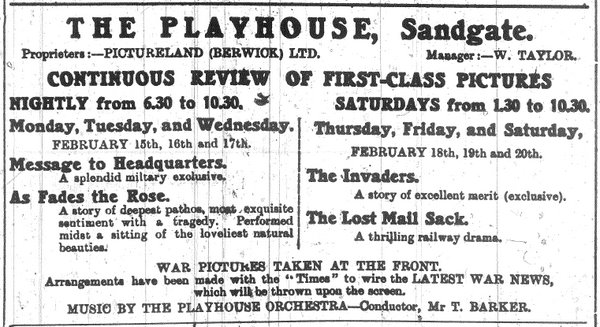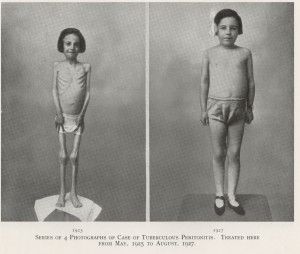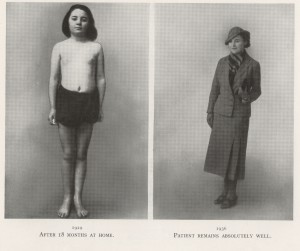BERWICK ADVERTISER, 12 FEBRUARY 1915
HOLY ISLAND
Patriotic Concert- Amidst a show of bunting and flags an entertainment was given in the schoolroom on Monday last on behalf of the War Funds. The first part of the programme consisted of a series of songs and recitations given by small children. Mr George Wilson sung the popular “Tipperary” song.
This was followed by the pageant “Britannia’s Reception of her Colonies.” The performers were all attired in costumes representing the various countries and performed their parts in a manner which called forth great applause. Mrs Marion Bell represented Britannia (whose train was borne by Florence Spencer and Maggie D Cromarty), to whom father Neptune (Mr Hollingsworth) presented the Ambassadors of Canada (Miss May Wilson), accompanied by the Negro (James E. Walker) and Red Indian (James Brigham). Australia was represented by Mrs Hollingsworth; New Zealand by Miss Fanny Douglas; India by Miss Lalla Bell; South Africa by Ralph Wilson; our ally Japan, by Miss Lulu Bell; On Britannia calling for the representatives of the homeland Mr R. A Wilson bowed to her in the character of John Bull and was followed by Miss Maggie Wilson for Scotland; Miss Rachael Kyle for Ireland; Miss Lalla Allison for Wales. The Army and Navy were seen in the persons of Messrs R Straughan and T. Cromarty.
The schoolroom was well filled with a very appreciative audience who afterwards requested that the performance might be repeated in the near future to enable others to enjoy it. Great credit is due to Mr Riley, who organised the entertainment and was ably assisted by Mr and Mrs Hollingsworth; Mrs Crawshaw; Mrs Riley and Miss Brigham.

ITEMS OF INTEREST
The family of Sergeant James Ramsay, R.F.A., of Berwick, has a fine record of patriotism. His Grandfather and father were in the Army, and his son is also in the R.F.A. His wife and daughter are both acting as nurses, and his son-in-law, Lieut. Weir, R.F.A., received his commission for bravery at Mons.
2nd Lieut. John Robertson, only son of Alex Robertson of Gateshead, has been promoted Lieut. 11th Battalion Durham Light Infantry. Lieut. Robertson is the grandson of the late John Robertson and of the late Joseph Currie, of West End, Tweedmouth.





